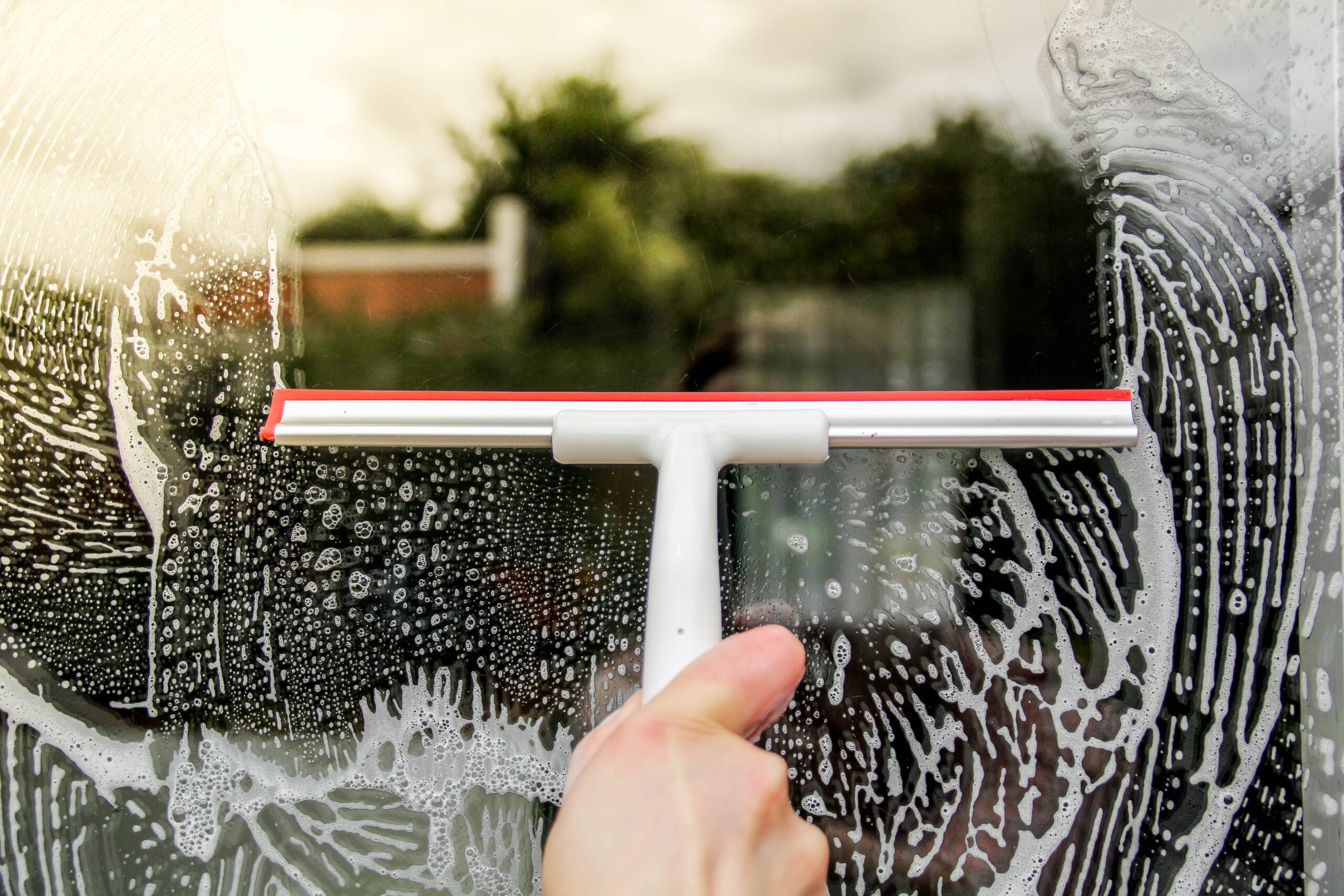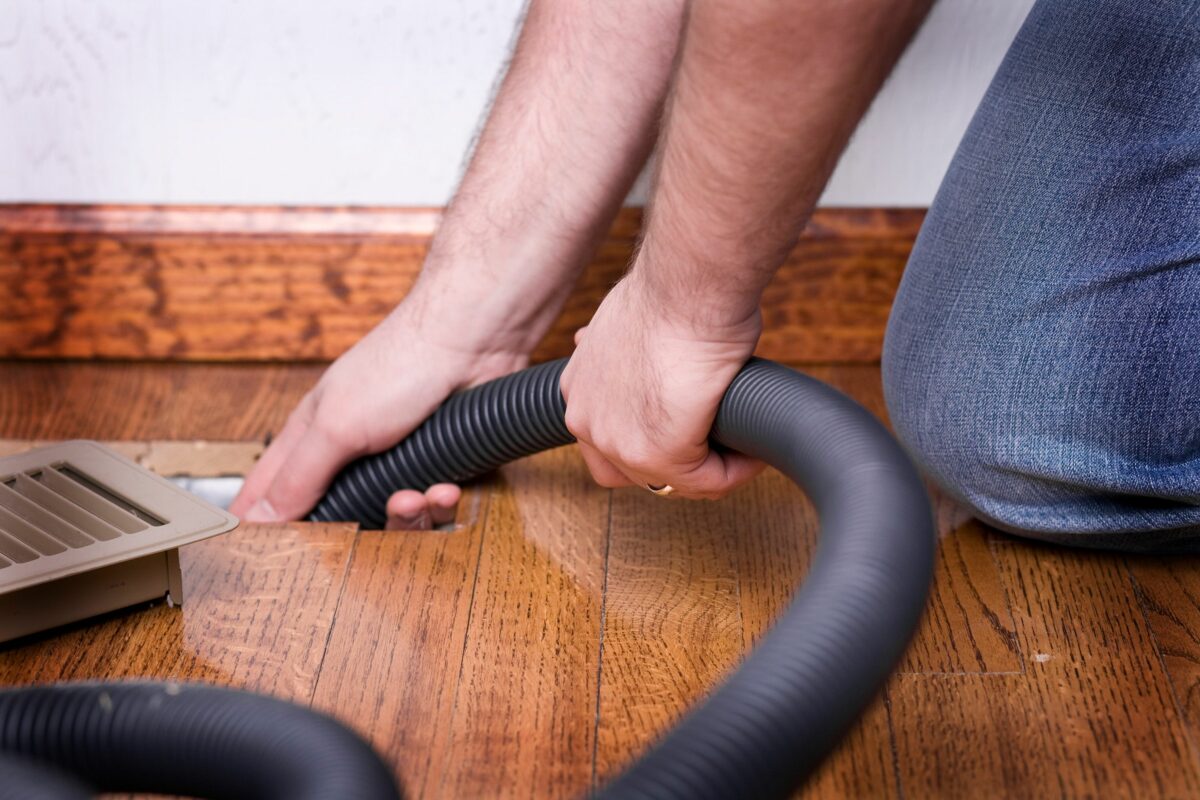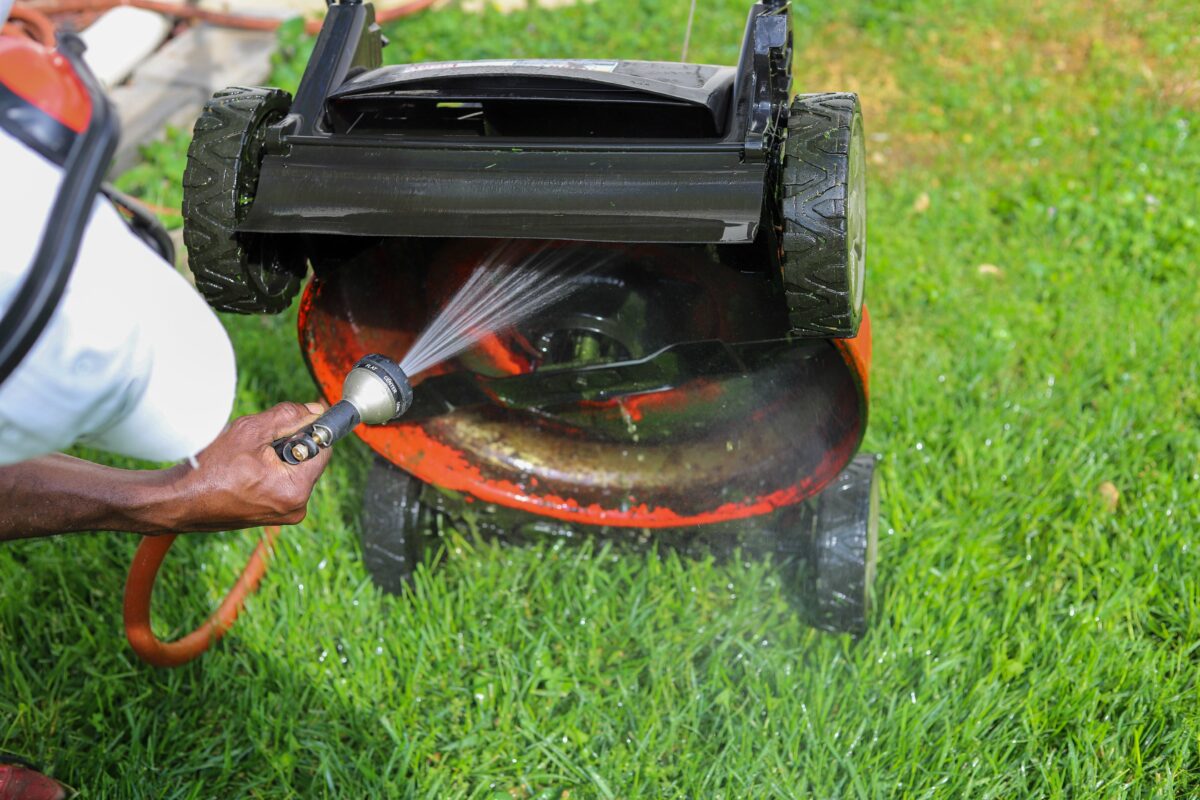Windows are a key component of most homes. They provide a readily available source of fresh air and abundant natural light while allowing a view of the outside world. However, windows must be regularly maintained to ensure they remain in good condition. This includes cleaning the windows at least once every six months to keep the glass free of smudges and stains and eliminate any dirt, dust, oils, or debris that may have built up on the window frame or in the window tracks. Here, we discuss reasons for cleaning your windows, how often you should clean them, and several key factors that can affect window cleaning frequency.
Why You Should Clean Your Windows
Cleaning a home’s windows is essential for maintaining their durability, energy efficiency, and lifespan. When small particles of dirt, debris, pollen, acidic precipitation, and other contaminants gradually build up on the glass and remain stuck for long periods, it can cause the glass and the window frame to corrode slowly, reducing the overall durability of the window.
Similarly, when dirt, sand, small rocks, or grime enter the window tracks, it can make the window more difficult to operate and could cause it to seize up. Additionally, cleaning windows regularly allows sunlight and heat to pass through them, improving heating efficiency during the colder months of the year.
Cleaning windows gives you the perfect excuse to inspect and repair the seals around the window, which may allow cool air to escape during the summer and warm air to seep out during the winter.
How Often Should You Clean Your Windows?
It’s a good idea to deep clean the windows about once every six months. Clean the windows in the spring to eliminate the dust and dirt left behind by winter weather while helping with pollen buildup. Then, clean the windows in the fall to remove dirt and grime from summer storms and increase sunlight during the colder months of the year.
Additionally, a light cleaning about once a month helps remove smudges, fingerprints, and streaks. In a home with kids or pets, it may be worth increasing the light cleaning frequency to about every one to two weeks, depending on how dirty the windows get in this short period. This process should include cleaning both the glass and the interior of the window sill and window frame to ensure the entire window is free of dirt and grime.
8 Factors That Influence Window Cleaning Frequency
The frequency with which you should be cleaning your windows depends on several factors, including the presence of trees, hard water, insects, traffic, smog, kids, and pets, as well as the local weather, window type, and window material.
1. Trees and Nearby Foliage
When trees, flowers, bushes, and other foliage are near a window, they increase the amount of pollen, sap, and other debris that cling to the windows. Therefore, windows close to trees and other foliage should be cleaned more frequently than windows away from any sources of pollen or sap.
2. Insect Activity
Having insects near your home isn’t ideal. High insect activity can quickly dirty windows due to the presence of cobwebs, insect droppings, and nests that appear on or near the windows. If there is a high level of insect activity near one or more windows, treat the insect problem while cleaning the windows more frequently to ensure they remain clean and free from insect invaders.
3. Local Weather
Completely clear weather with minimal wind is the best for keeping the windows spotless, but this type of calm weather doesn’t typically last for long. High winds propel dirt and pollen toward the home, while rain and snow leave behind messy streaks that can obstruct natural light. Similarly, when the snow starts to fall, salt, gravel, and other debris can get onto the windows due to passing cars and snow plows. Typically, windows need to be cleaned more often when the weather is poor.
4. Proximity to Traffic
Cars send dust and dirt flying as they zoom past, creating small clouds of debris. When the home is located in a relatively isolated area, the chance of a car getting the windows dirty is low, but if the home is positioned close to the road or located near a busy street, the proximity to traffic can increase the frequency with which you need to clean the windows.
5. Hard Water
Some homes deal with the issue of hard water. The mineral content of the water is too high, causing the water to leave streaks on the windows after cleaning. This issue can affect the cleaning frequency. However, most hard water problems can be handled by installing a whole-home water filtration system to reduce the concentration of minerals in the water.
6. Window Type and Material
The type of window and the material used to make the window frame and windowsill should be considered when determining how often to clean the windows. Generally, windows with screens require less cleaning than those without since a screen blocks some dust, debris, and insect activity.
Window frames made of vinyl, aluminum, or fiberglass are easier to wash and keep clean than wood frames, which should be stained or painted to seal out moisture. However, wooden window frames need to be cleaned more often to keep them free of debris.
7. Pollution or Smog
Homeowners who live in areas with high levels of air pollution or smog may notice that they need to clean the windows more frequently than a friend or family member who lives in an area with lower pollution levels. This is because the pollutants in the air build up on the glass and window frame. Consider switching your deep cleaning schedule to three times a year instead of just twice a year.
8. Kids or Pets
Not all adults understand that touching a glass window with their fingers, hands, or forehead leaves fingerprints, oil, and streaks behind. However, few things compare to the mess left on windows by a child’s small hands or the wet nose and dirty paws of a pet. If you have kids, pets, or both in your home, plan to clean the windows more frequently than a friend or neighbor who independently.














